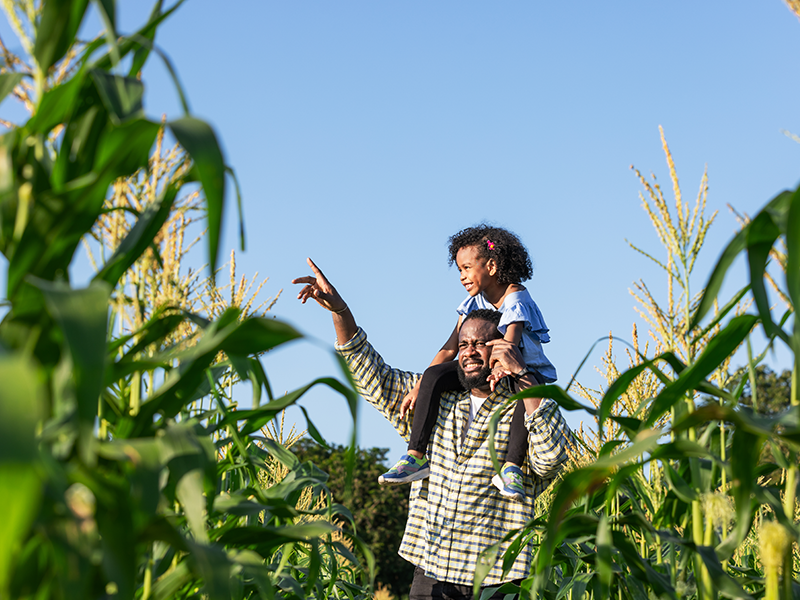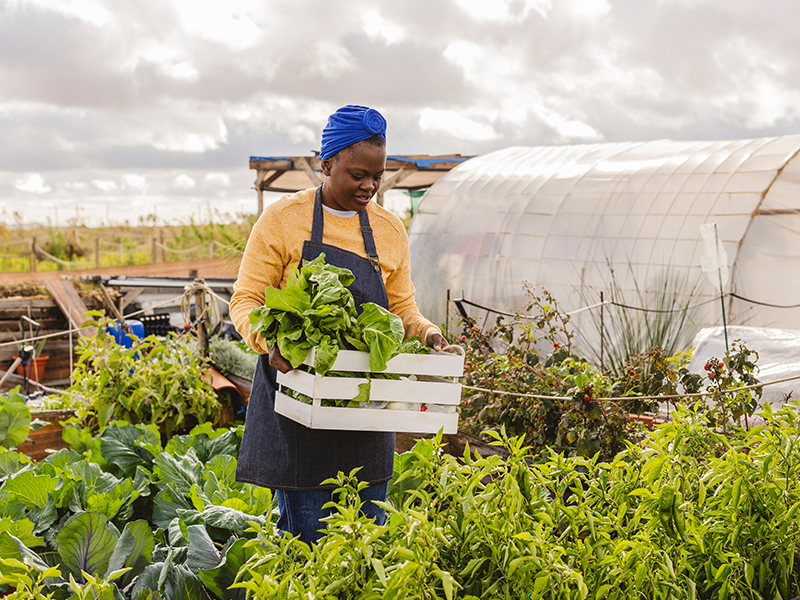Evidence-Led Research is the Missing Link for Turning the Kampala Declaration into Action

When African leaders endorsed the Kampala Declaration in January 2025, they sent out the message that Africa’s food systems must be transformed to be more resilient, inclusive, and sustainable. The commitments contained in the declaration, which are largely focused on youth, women, and smallholder farmers, set an ambitious agenda, but the real challenge lies in translating words into a measurable, lasting impact.
That is where evidence-led research becomes indispensable as it grounds decisions in data, using proven approaches to track progress, enabling governments and institutions to bridge the gap between commitment and implementation. In addition to validating action, evidence creates accountability, while highlighting what works, ensuring that no group is left behind.
The African Development Bank’s TAAT Policy Enabler offers a compelling example. Designed to remove bottlenecks that slow the adoption of agricultural innovations, TAAT works directly with governments to reform and harmonise policies. It has been shown to accelerate the uptake of technologies and practices that can improve productivity and resilience across entire value chains. By speeding up seed variety registration, aligning fertiliser regulations, and improving access to finance, TAAT’s work has shown how strategic policy alignment can move from paper to practice. Such evidence matters because every day lost to bureaucratic delays is a day when smallholder farmers miss out on opportunities to improve yields, income, and food security.
Another critical insight comes from CABI’s research on gender and youth inclusion in agriculture. Their most recent report distils lessons from across Africa into 10 practical focus areas for policymakers. These range from ensuring equitable access to land and finance, to integrating digital tools for extension services, to fostering leadership pathways for young people and women in agri-food systems. The emphasis now remains on designing policies that are both inclusive and actionable. For example, simply acknowledging the importance of youth in agriculture is not enough, policies must create tangible incentives, mentorship programs, and market linkages that encourage their sustained participation. Similarly, women’s involvement must move beyond token representation to genuine decision-making roles in cooperatives, producer organisations, and agribusinesses.
A Call for Shared Knowledge
The Kampala Declaration represents a collective promise to transform Africa’s food systems. But transformation is not an abstract concept, and it must be evidenced in better livelihoods, more equitable access to resources, and measurable improvements in productivity and sustainability.
This is why platforms like the Africa Food Systems Forum (AFSF) are critical. Surfacing research like TAAT’s policy enabler and CABI’s gender and youth inclusion framework allows us to start building the knowledge base required to hold ourselves accountable. However,the conversation cannot stop here. More examples, research, and practical frameworks are needed to ensure that the Kampala Declaration is a catalyst for real change.
Join us at the AFSF 2025, where we will be exploring multiple evidence bases for advancing the commitments of the Kampala Declaration under the theme, “Africa’s Youth: Leading Collaboration, Innovation, and the Implementation of Agri-Food Systems Transformation”. Convening in Dakar, Senegal, the AFSF 2025 will be out to turn commitments into concrete action for Africa’s farmers, youth, and women.
-ENDS



